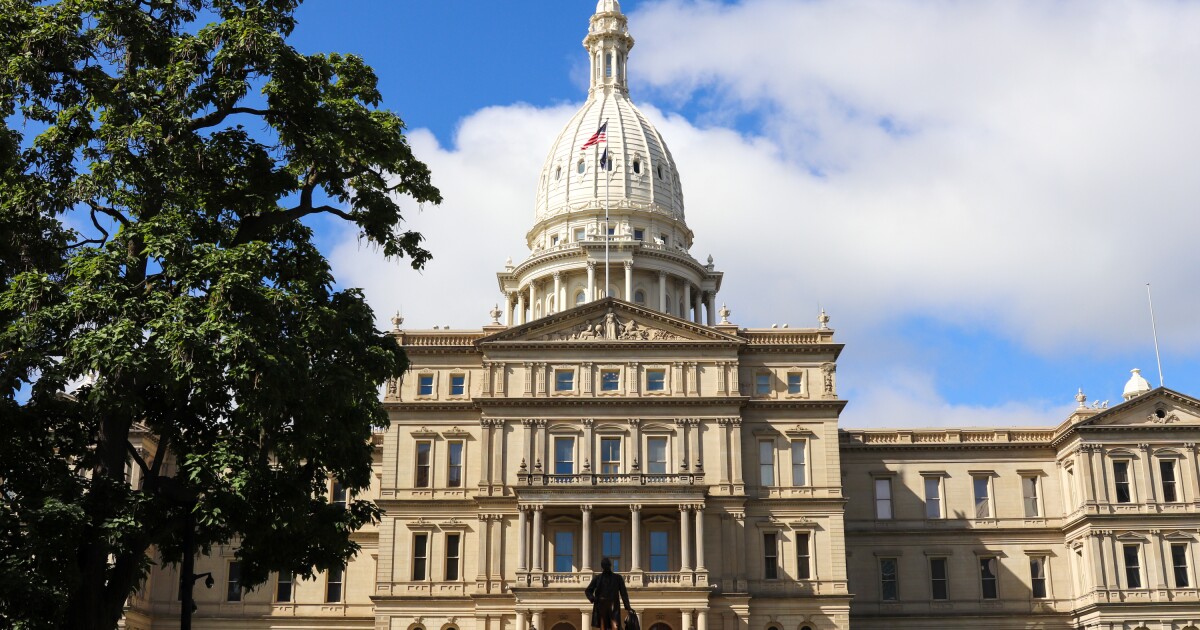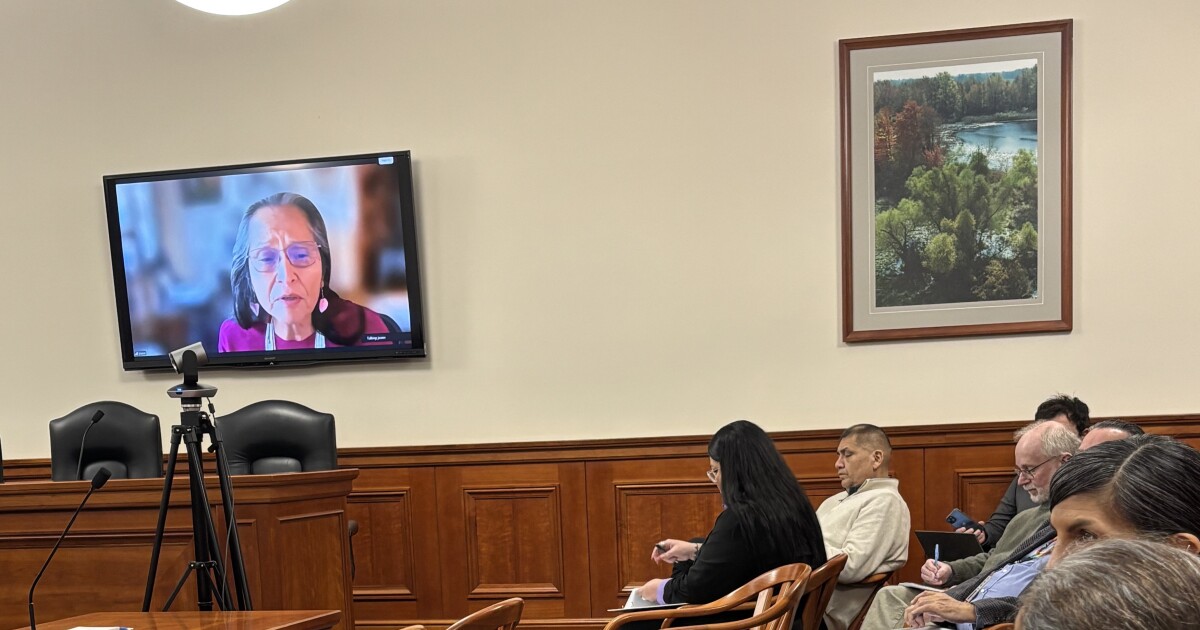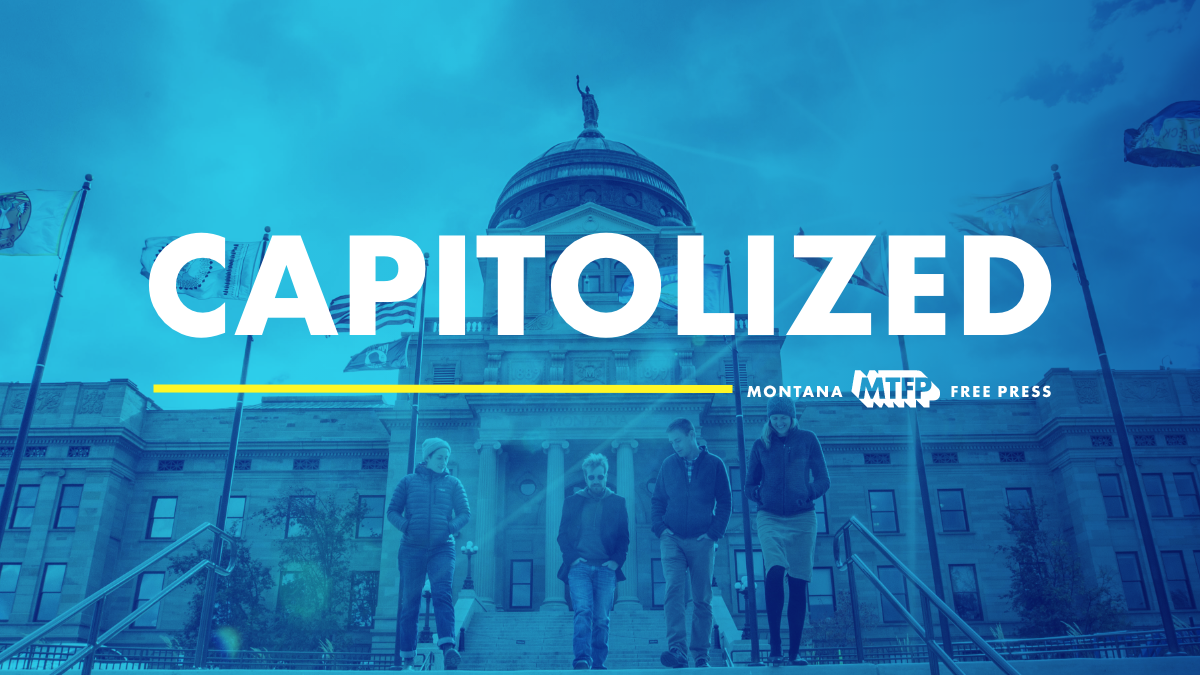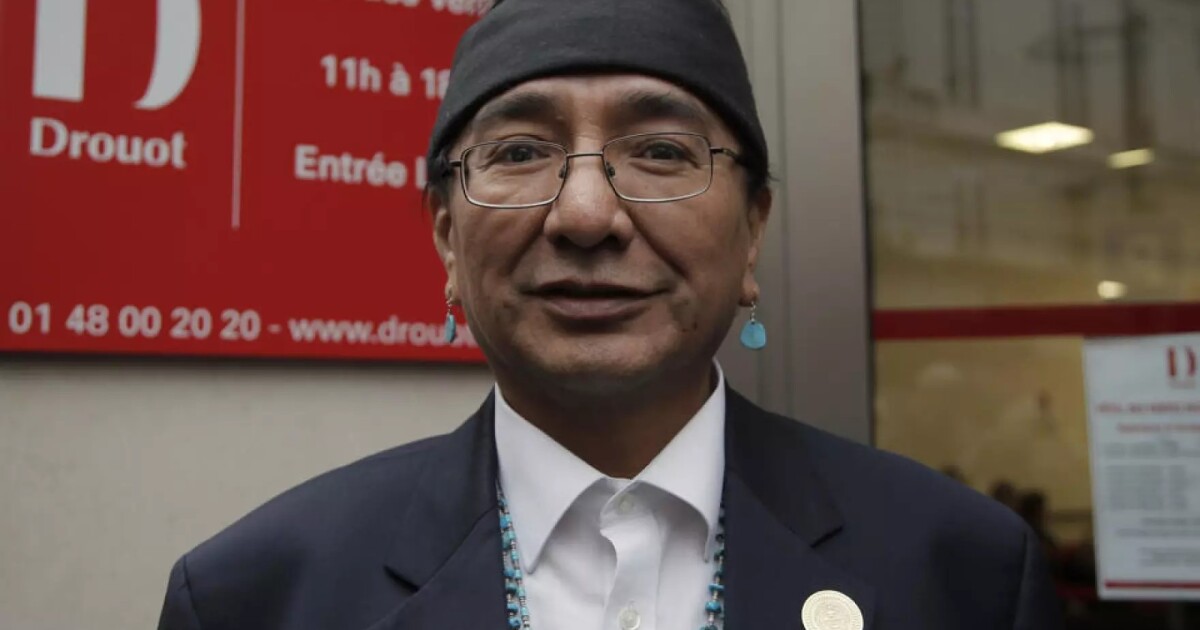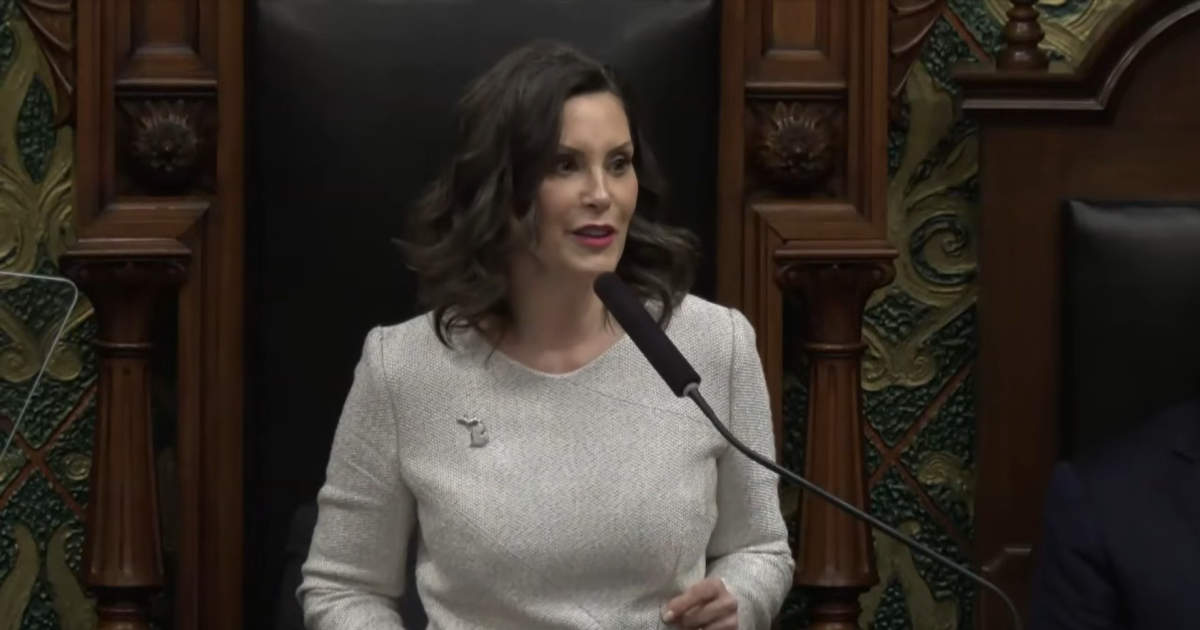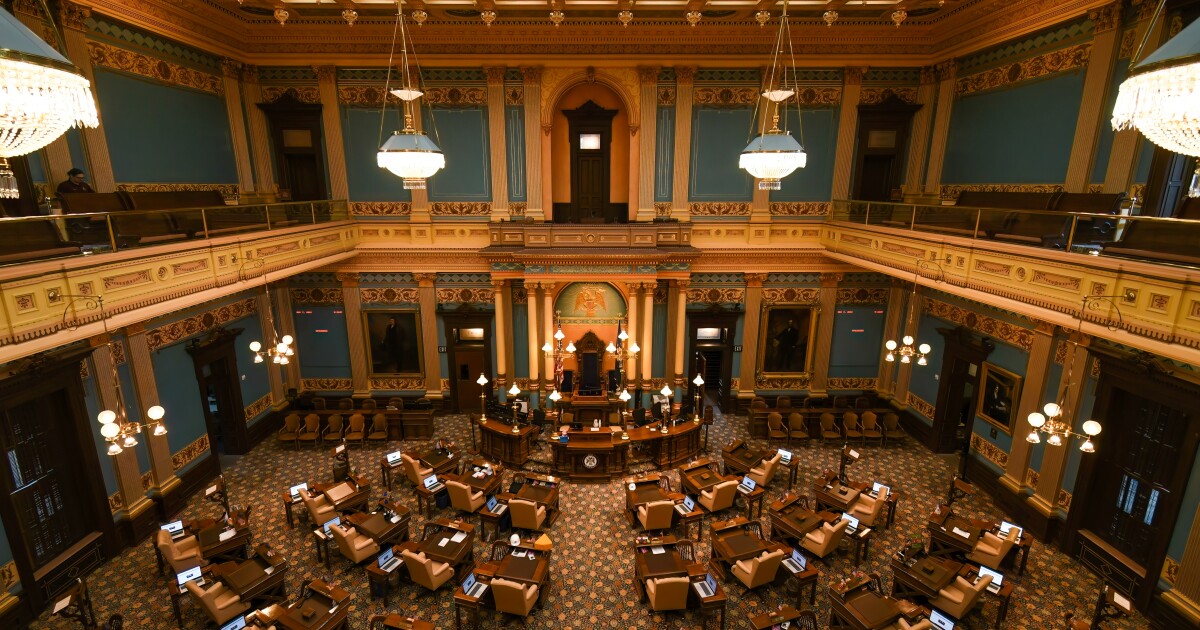Controversy Over Land Management Rule Stirs as Doug Burgum Moves for Repeal
In a significant policy shift, Interior Secretary Doug Burgum has announced an initiative to revoke a public land management rule that previously aligned conservation with development. This move marks a reversal from the strategy under Joe Biden’s presidency, as the Trump administration prioritizes expanding access to drilling, logging, mining, and grazing on federally owned lands.
The rule in question, implemented last year, was pivotal in reshaping the focus of the Interior Department’s Bureau of Land Management, an entity responsible for about 10% of U.S. land. It allowed public lands to be leased for conservation similarly to how oil companies lease for extraction purposes. More details on the rule can be found here.
Critics of the Biden-era policy, including industry and agricultural groups, strongly opposed the rule and sought Republican support for its repeal. States like North Dakota, where Burgum previously served as governor before joining Trump’s Cabinet, initiated legal action to challenge the rule.
This development comes amid a series of actions by the Trump administration designed to bolster energy production from the vast federal landholdings primarily located in Western states such as Alaska, California, Nevada, New Mexico, Utah, and Wyoming. More on these actions can be read here.
According to Interior officials, the Biden rule marginalized communities reliant on public lands and introduced unnecessary constraints. No conservation leases had been granted under the rule. Burgum emphasized that rescinding the rule would safeguard traditional land uses and restore community influence over land management decisions.
Environmental advocates had largely supported the rule finalized in April 2024, arguing that conservation is a critical yet overlooked responsibility of the Bureau of Land Management under the 1976 Federal Lands Policy Management Act. Alison Flint, senior legal director at The Wilderness Society, stated, “The administration cannot simply overthrow that statutory authority because they would prefer to let drilling and mining companies call the shots.”
Previously, the bureau had issued conservation leases sparingly without a comprehensive program. Detractors claimed that Biden’s approach violated the “multiple use” policy of the Interior Department by elevating non-use of federal lands to a primary status.
Rich Nolan, CEO of the National Mining Association, expressed that Burgum’s proposal would secure access to the nation’s resources necessary for increasing energy requirements and mineral supplies. “This is a welcome change from the prior clear disregard for the legal obligation to balance multiple uses on federal lands,” Nolan said.
The rule also initiated the designation of more “areas of critical environmental concern,” limiting development on lands with significant historical, cultural, or wildlife conservation importance.
The Bureau of Land Management’s jurisdiction includes not only surface lands but also underground mineral reserves, spanning over 1 million square miles. Historically, the bureau has maintained industry-friendly policies, issuing permits and leases for grazing, oil, and gas operations.
The forthcoming publication of Burgum’s proposal will initiate a 60-day public comment period. Recently, House Republicans repealed land management plans from the final days of Biden’s administration that restricted development in Alaska, Montana, and North Dakota. The Interior also proposed increasing mining and drilling in areas with sage grouse populations, while Biden administration officials had sought to impose limits on development to protect these areas.
—
Read More Arizona News


